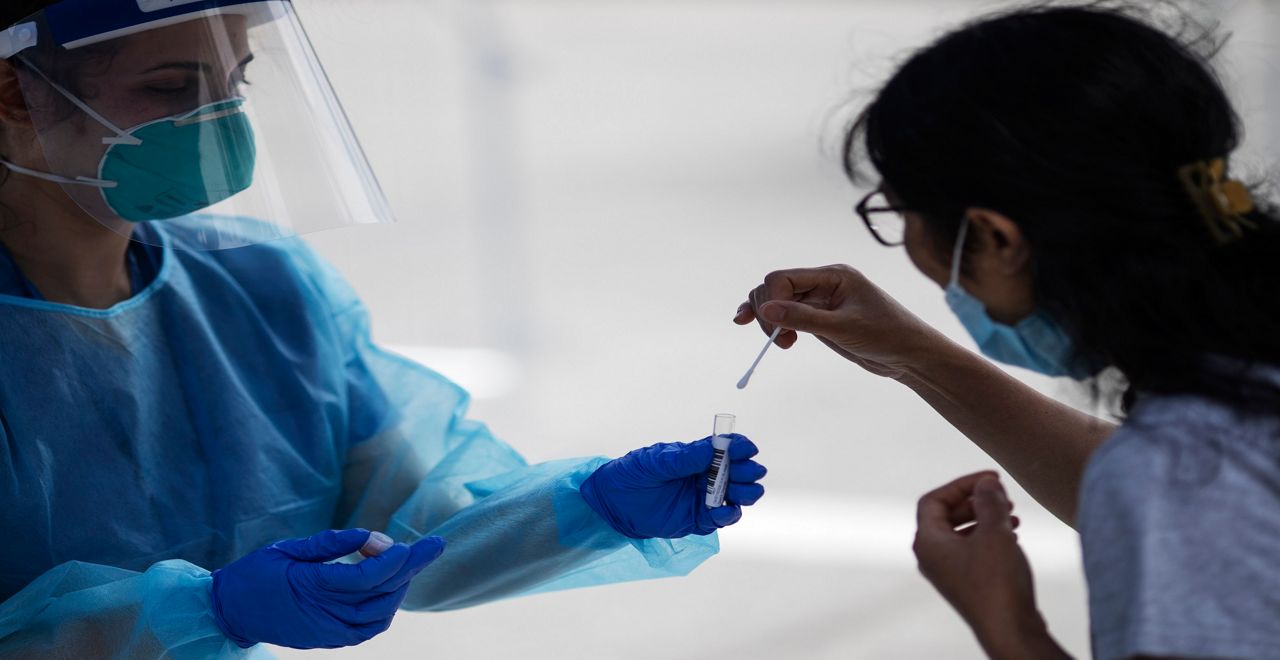STATEWIDE — New data shows coronavirus antibody levels begin to drop after seven weeks of recovery.
What You Need To Know
- Data: COVID-19 antibodies don’t last as long as others
- Antibodies get weaker over time
- Microbiologist: More lengthier studies needed
That means people may only be able to donate convalescent plasma twice before they run out of sufficient antibodies.
Brendaliz Santiago-Narvaez, a microbiologist teaching at Rollins College, explains we could learn more about antibody thresholds over time, with more research.
“Most of the studies that look at antibody levels and antibody responses are only just a few weeks long because that is all we have at this point. So we need a lot of longitudinal studies,” said Santiago-Narvaez.
Plus not all antibodies are created equal. Different people can have varying responses.
“If you make antibodies that are sort of eh, not so great and weak, maybe those antibodies are not gonna be sufficient to protect you in the future. So that protective immunity is really what we want, and we still don’t really know what that means for SARS-CoV-2,” stated Santiago-Narvaez.
SARS-CoV-2 is the name of the new coronavirus, chosen because it is genetically related to the coronavirus responsible for the 2003 SARS outbreak. Santiago-Narvaez says antibodies from that outbreak had been detected two to three years later.
She is encouraging people who have recovered from the virus to donate convalescent plasma, not just to help though fighting COVID-19, but to help with research for a vaccine.
Sign up now for one of our newsletters that will show up in your inbox every weekday at 1 p.m. The newsletters highlight the most important stories of the day that you need to know for your area.



